With the latest events with the unarmed shootings of black men (Trayvon Martin and Mike Brown), I begin to feel grateful for living in the small town of Vancouver, WA in the Pacific Northwest. Our little town is a small white suburb of Portland, OR and most of the community members are happy to believe those issues won’t ever happen here. This is the start of what I’m going to call Black Suburbia Privilege.
Stay with me!
Since I’ve been raised in Vancouver, WA All my life—besides my time in the US Marine Corps—Vancouver has always been a quiet and boring place. In some respects, it’s perfect for building a family, starting a career, and creating a home to retire from. As a black man or person of color, you’re not going to experience any overt racial discrimination.
So what is Black Suburbia Privilege?
The Black Suburbia Privilege allows one to be integrated into the town’s culture. However, there’s only one downside- you’re not going to be embraced.
Unfortunately, local racism and discrimination come in covert, sneaky, and condescending mannerisms. Others would call these microaggressions.
Being that my mom is from New York and my dad is from Texas, this was a foreign land to them. My parents successfully built our house on bare land in 1975 and were one of the prettiest in the Cascade Park neighborhood (McGillivray Blvd, to be exact). Oddly enough, we never spent any significant time in the neighborhood. They worked in Portland, shopped in Portland, doctor and dentist’s appointments in Portland, attended church in Portland, and I even went to school in Portland.
The Black Suburbia Privilege was great. I never saw my parents or their (black) friends or families have issues with the police. There were no gangs or ghettos. I had a backyard, rode my bike on the streets, and got along with everyone. As a kid, my parents were successful in keeping the concept of racism out of my concern.
New Perspective
As a father myself, 30 years later, the Black Suburbia Privilege is still and more ever-present. However, after hearing about the Trayvon Martin murder, I was crushed and started to have a concern. First of all, my heart cried out for his family and made me reevaluate my Black Suburbia Privilege. Secondly, I began to imagine if I was Trayvon’s father.
You see, there’s one caveat to having this privilege. The issue is that “Black” culture isn’t represented in businesses, schools, or in elected officials. The “Black” is accepted to live here, but we’re not invited or engaged to be a part of the ‘small-town feel’ culture.
The Black Suburbia Privilege’s caveats never bothered me before, but after this past year, my fear has increased. I have 5 kids to think about. Even though 4 of my kiddos have a white mom, they’re still considered black because of their skin color. They will have to deal with the ramifications of an unjust judicial, educational, and business system.
Ferguson’s Michael Brown and New York’s Eric Garner may not have been located where Black Suburbia Privilege was present, but they didn’t even have a system to assist them in their highest time of need. Not even Vancouver’s NAACP participated in any demonstrations. I would have loved to show my oldest son—who has a darker complexion than me, because his mom is black—how Black Suburbia Privilege is great for us, but he has no comprehension of the extreme level of privilege he has since he doesn’t have to experience any of the protests, school closures, or media saturation. For him to see it on the television was the equivalent of showing him a cartoon. That’s when I realized he could end up like Emmitt Till if I didn’t intervene.
Black Suburbia Privilege must end. The suburbia privilege needs to be accessible to everyone. That includes Islanders, Latinos, Asians, or any other person of color. Better yet, let’s equal the playing field and break down the barriers of poverty all around.
Hometown Pride
I want my children to see differences and embrace them. For my girls, I don’t want them to be teased because they have beautiful, kinky, curly hair. I don’t want my son’s cool smooth curled head to be petted like an animal at the zoo. I want all my kids to see role models of their skin complexion in the school ranks, shop at an African boutique or restaurant, and celebrate their heritage for more than just one month a year. More importantly, I don’t want them to feel like they don’t have anyone to understand their issues.
I do believe Vancouver wants to do better, but they haven’t shown it yet. I pray that Vancouver’s leaders see the Black (and other people of color) Suburbia Privilege needs to end.
To end this privilege, we need to be good Samaritans. Take a moment to say hi to someone you don’t know. Get involved in politics and make a positive difference. Seek out different colleges of thought. Shop from stores in Vancouver, WA.
Get engaged in a local nonprofit. Attend little league and kid’s soccer games. Embrace differences. I’d like to see our businesses of people of color do better as well, especially black businesses.
I’m not pointing any fingers. We all have to help. Therefore, I look forward to seeing the leaders of my era rise to the challenge and make these changes happen.
Nathan A. Webster, MBA
